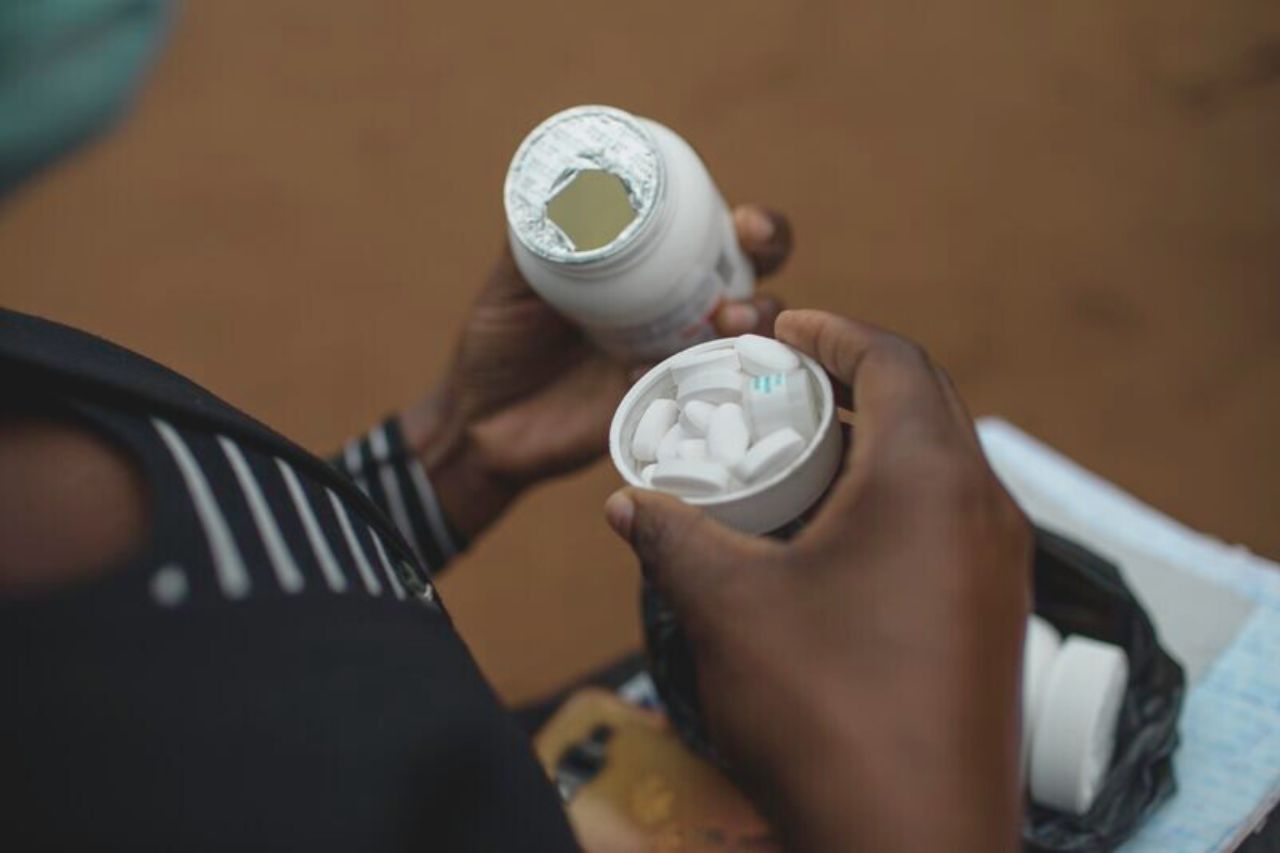The 25th International AIDS Conference underscored a critical strategy to eliminate HIV as a public health threat by 2030: prioritizing communities in the global HIV response. While significant progress has been made through collaboration, it is clear that deeper community engagement is essential to overcome remaining challenges.
Dr. Joram Sunguti, Senior Technical Advisor at Pathfinder International, highlighted the importance of placing people affected by HIV at the forefront of the fight. This approach, known as community-centered programming, goes beyond surface-level consultation. It seeks genuine leadership from those living with or impacted by HIV at every stage—from program design to implementation, monitoring, and evaluation. By doing so, communities contribute their unique insights, needs, and strengths, which are critical to creating sustainable solutions.
The conference’s discussions emphasized that eradicating HIV by 2030 is achievable only if these communities are empowered to lead. The approach must trust in their capacity to direct the response, ensuring they are not mere participants but active decision-makers. Dr. Sunguti stressed that the future of HIV eradication relies on commitment to this model: “Ending HIV by 2030 is achievable, but only if we place communities truly at the center of our response.”
The strategy hinges on the idea that local communities, particularly those disproportionately affected by HIV, possess the knowledge and lived experience needed to tailor effective interventions. These communities bring crucial understanding of cultural dynamics, stigma, and the barriers that may prevent access to care. By placing them at the center, programs become more responsive to real-world challenges, fostering trust, ownership, and increased engagement in the fight against HIV.
To achieve this vision, international health organizations, governments, and civil society must prioritize investment in community-led initiatives. This includes providing resources, capacity-building, and creating platforms that amplify the voices of those most affected. Additionally, policies must be designed to integrate community feedback at every level, ensuring that interventions are not imposed but co-created with local stakeholders.
Crucially, the conference called for a renewed focus on human rights in the context of HIV. Many individuals still face discrimination, criminalization, and exclusion from healthcare, hindering efforts to reach vulnerable populations. By addressing these systemic issues through a community-led, rights-based approach, the global response to HIV can become more inclusive and impactful.
With less than a decade remaining to meet the ambitious 2030 target, there is no time to lose. Dr. Sunguti’s call to action is clear: success depends on the global community’s willingness to empower and follow the lead of those at the heart of the epidemic. As the world continues to fight HIV, centering communities in every aspect of the response is not just a strategy—it’s a necessity. The choice is clear, and the time to act is now.














Leave a comment